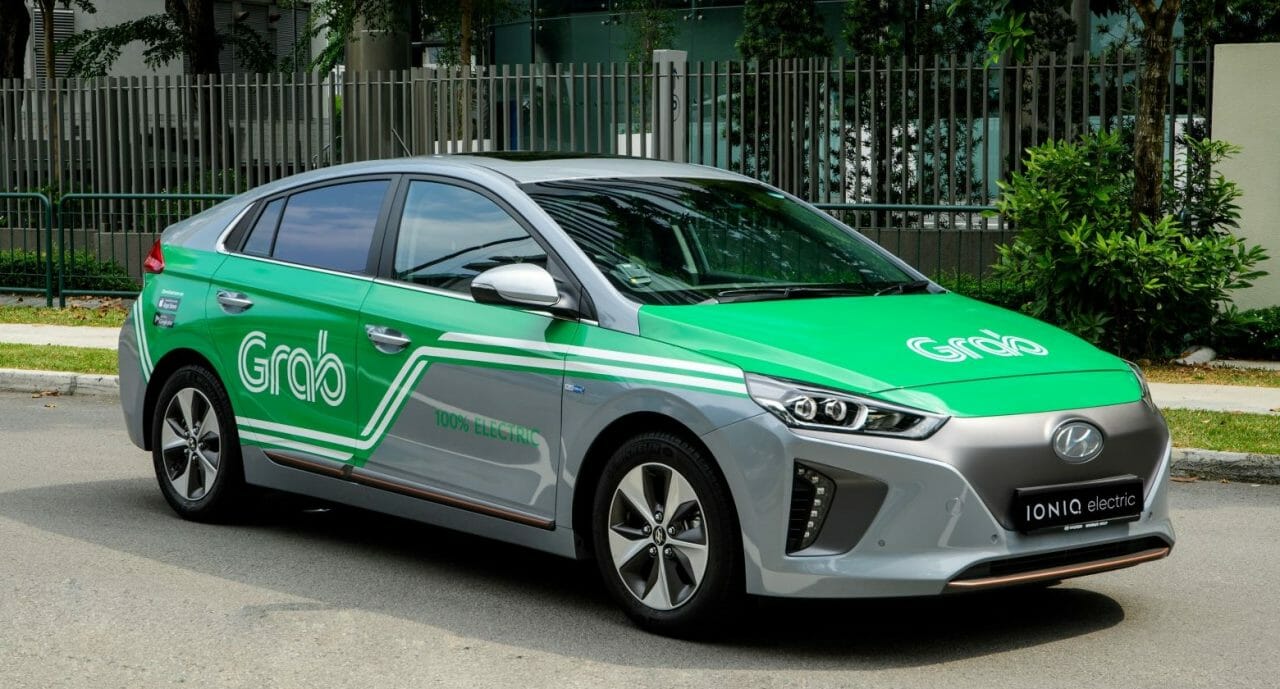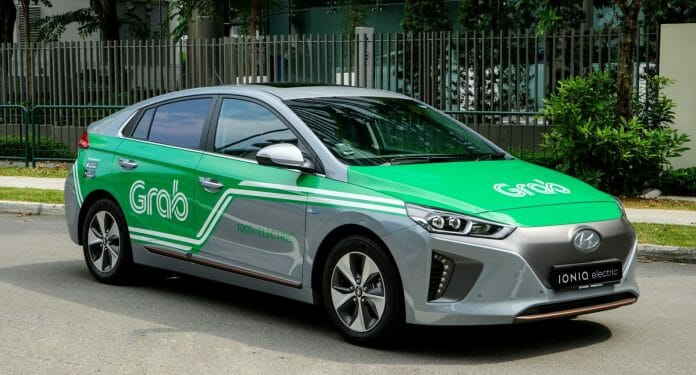(Attributed to Grab Malaysia)
Recently, there has been a significant amount of incidences surrounding e-hailing services specifically in Penang International Airport and Kuala Lumpur International Airport. This has not only affected our hardworking drivers who are trying to earn an honest income, but also the millions who move in and out of the airports, including tourists.

On behalf of our drivers and us at Grab, we express our deep concern at how the laws have been deliberately misinterpreted and misquoted. The insinuation that our government, be it the previous or current, has not done its due diligence to uphold the needs of the rakyat is also misleading and has emboldened certain parties to come out and dictate what they think the law should be, rather than what it is.
In case there are still doubts, the e-hailing industry has been placed under a formal regulatory framework when amendments to the Land Public Transport (LPT) Act 2010 and Commercial Vehicles Licensing Board (CVLB) Act 1987, were passed by Parliament on the 15 August 2017. Following that, in July 2018, Minister of Transport, YB Anthony Loke also announced that all e-hailing companies are strictly required to register with the Land Public Transport Commission (SPAD) and comply to a set of regulations. The e-hailing industry has been given a 1 year moratorium to comply. Hence, to say that e-hailing is “illegal” is a deliberate attempt to mislead the public at large which essentially also undermines the legislative powers of Parliament.
With legislation in place, we have taken steps to ensure that stronger quality measures are in place for our driver-partners and the guidelines which have been formally set are adhered to. In regards to the the two incidents which took place recently, firstly, our driver-partners summoned by JPJ for allegedly soliciting passengers at the Penang International Airport and secondly, a call from a small taxi group to close e-hailing bays surrounding the KLIA airport; we are compelled to present our views.
Firstly, we are confident that our driver-partners in Penang have not gone out of the way to disregard the set guidelines nor tout for passengers at the Penang International Airport. If anyone has done so, it would not have involved the Grab platform as the essence of e-hailing is booking via the app and not within the halls of the airports. Secondly, the designated waiting areas at Kuala Lumpur International Airport and KLIA2 were provided to e-hailing drivers by Ministry of Transport and Malaysia Airport Holdings Berhad themselves, following a meeting that took place in 2017 after the passing of e-hailing regulations by Parliament. We are hopeful that the relevant authorities will lead the way by acting in accordance with the rule of law and not allow itself to be dictated and bullied by the loudest, most unreasonable voices.
As we strive towards a mutually beneficial and more efficient public transportation landscape, we believe there are potential areas of improvement regarding requirements as well as processes relating to the e-hailing industry. Like many other e-hailing companies, we agree and are ready to comply with the progressive direction of our authorities. However, our greatest concern is the level of readiness of the relevant agencies in executing the law that has been passed by facilitating the way towards full compliance.
We have always sought to engage the relevant agencies, namely JPJ and newly formed APAD, and hope this will be reciprocated by them so that the path to full compliance can be achieved by both the government and industry alike basing on the learnings and knowledge which have garnered over the years in Malaysia and from the different jurisdictions.
Ensuring a smooth transition towards a regulated industry is critical, given that even six months into the moratorium period, there remains many grey areas which led to open and unwarranted speculation and knee-jerk reactions affecting the commuting public. For instance, e-hailing drivers have been questioned about their licensing status when steps for actual licensing have not yet been put in place. We are also seeing enforcement action being undertaken against e-hailing drivers for picking up passengers via the app despite the moratorium period in place.
As the nation moves towards improving the transport landscape through the use of technology, it is disheartening to see regulations already in place being openly disregarded. In the spirit of the New Malaysia, we therefore call upon the authorities to make a stand in providing clearer and executable guidelines in facilitating the roll out of the e-hailing regulations and not be distracted by calls made prematurely by irresponsible parties to enforce misrepresented regulations during an agreed moratorium period.









